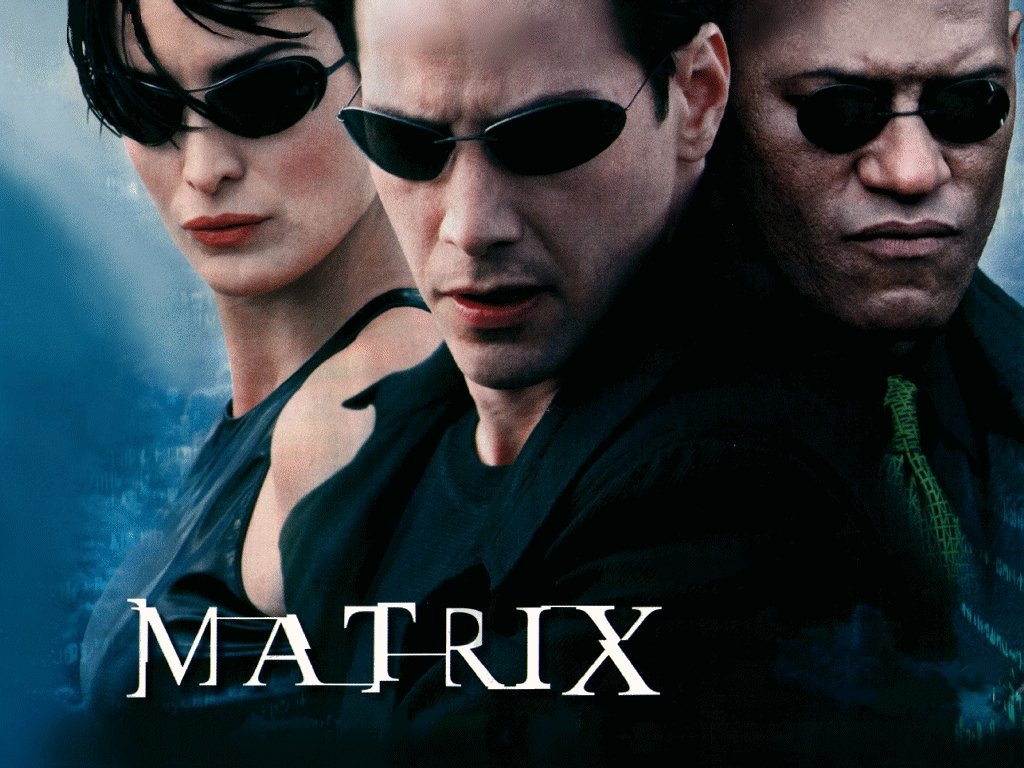It’s been almost a decade since the original Matrix movie introduced popular culture to the idea of reality as an illusion. Not that it’s new idea at the time – millennia worth of philosophers have been saying again and again that reality as we know it, reality as we sense it, cannot exactly be thought of and regarded as real. Our senses can deceive us, after all, and in the end, we cannot truly rely on the material as a gauge what reality, and thus meaning, is. It is the general consensus of the multitude of intellectual fans of the Matrix franchise that the 1999 film had managed to modernize the idea well enough for even the common man to grasp it.
The idea that reality is an illusion was wonderfully solidified by the fact that around that point, technology had advanced enough to create cyberspace and other forms of telecommunication – in essence, we had by then developed a separate reality in which we can function. We can call it virtual reality or any other name, but the gist of it is that we have proven that a viable “reality” can be created by mere mortals with the help of technology. What this means, as the Matrix movie had expressed so wonderfully at the turn of the millennium, is that reality can be manipulated in the context of the mind. A real-time conversation with an acquaintance over a chatroom is just as real as a face-to-face conversation one has with a dear friend. One can have a real friendship with someone without having to meet – without having to be in the same continent, even. It was therefore proven in a practical sort of way that the philosophers were indeed correct in claiming that reality is fluid.
And you are probably waiting for the point in this article, so here it is: has the red pill worn off? That is to say, why is it that the movie that had so revolutionized the way a generation thinks of reality, a movie that prompted us to ask so many question about how we go about our lives, failed to maintain its effects? It seems that not too long after the franchise released its second sequel (“Matrix: Revolutions”) and organized “The Matrix Online” (a game set AFTER the movies), we had once again become comfortable within the world we move in. We have stopped asking questions, and decided once more that there is but one reality for us all, and it’s the one we’re living in.
Please excuse me for saying “What the heck?” because I find the very idea troubling. The idea that we cannot just accept reality as something that we have to live with was one of the most powerful messages expressed by the original Matrix film, and it is so obviously being forgotten as we speak. Nowadays, we only remember the Matrix as a “wicked cool” movie because of its special effects (which, I do have to admit, were AWESOME) without recalling that so many other things made it so cool. Even some the intellectual fans, who had lauded and dissected each and every possible reference to Literature, Philosophy, Religion and the like, have begun to write it off as an action movie that got extremely lucky to have had such an intelligent and well-executed premise.
As a fan of the franchise, I’m rather saddened by this turn of events. The Matrix could have changed things for us – we had, as a people, begun to ask questions about the way things are by the time the credits of the first film rolled. And now here we are, some nine years later, and we seem to have come to the conclusion that knowing a lot of things are simply illusion would be enough. We have, to be precise, chosen to take the proverbial blue pill instead – “No thanks,” we say, “we know that this isn’t real, but this is comfortable enough.”
I wonder what it is about humanity that has made it so eager to forget such a thing that could potentially free them? Some people speculate that it is because we, as a race, do not want to think that no higher power can be held responsible for anything bad in our lives. It’s easier to blame it in the illusory reality rather than in our own hands. What was that line again? Ignorance is bliss, I think. And it may be true that it is. But the faculty of thought and the gift of choice belongs to humanity. For us to shirk that in favor of comfort is rather frustrating, to be frank.
Most of the films that were supposedly influenced by The Matrix ended up falling flat, as they ended up emulating the shell of the initial premise and not the essence. They were so focused on being box-office hits that in the end, they looked cool and had some really great effects, but failed to reach the depth of human thought that the Matrix displayed. It is very sad, I think, that the legacy of this film has been reduced to special effects and cool pseudo-intellectual dialogue.



